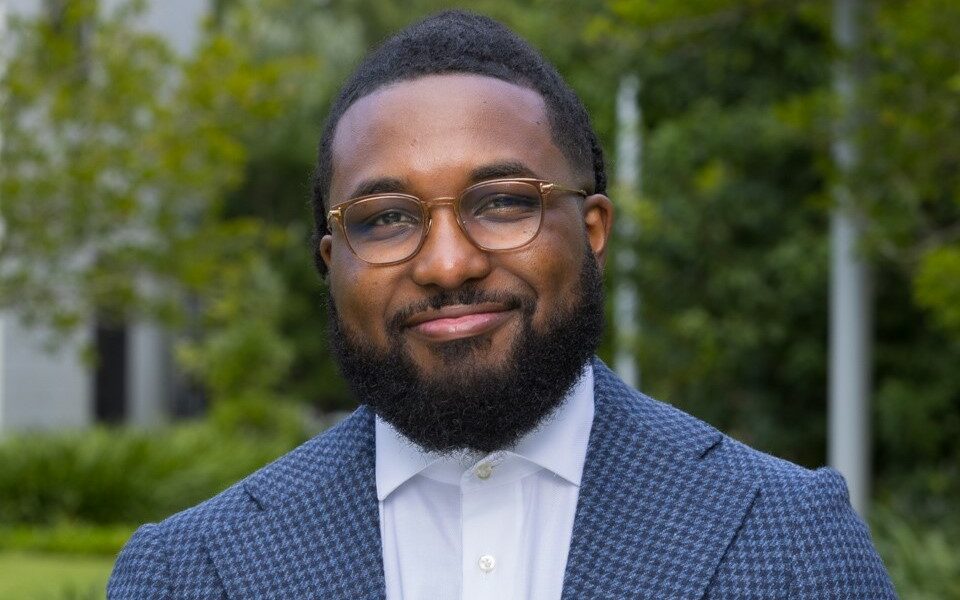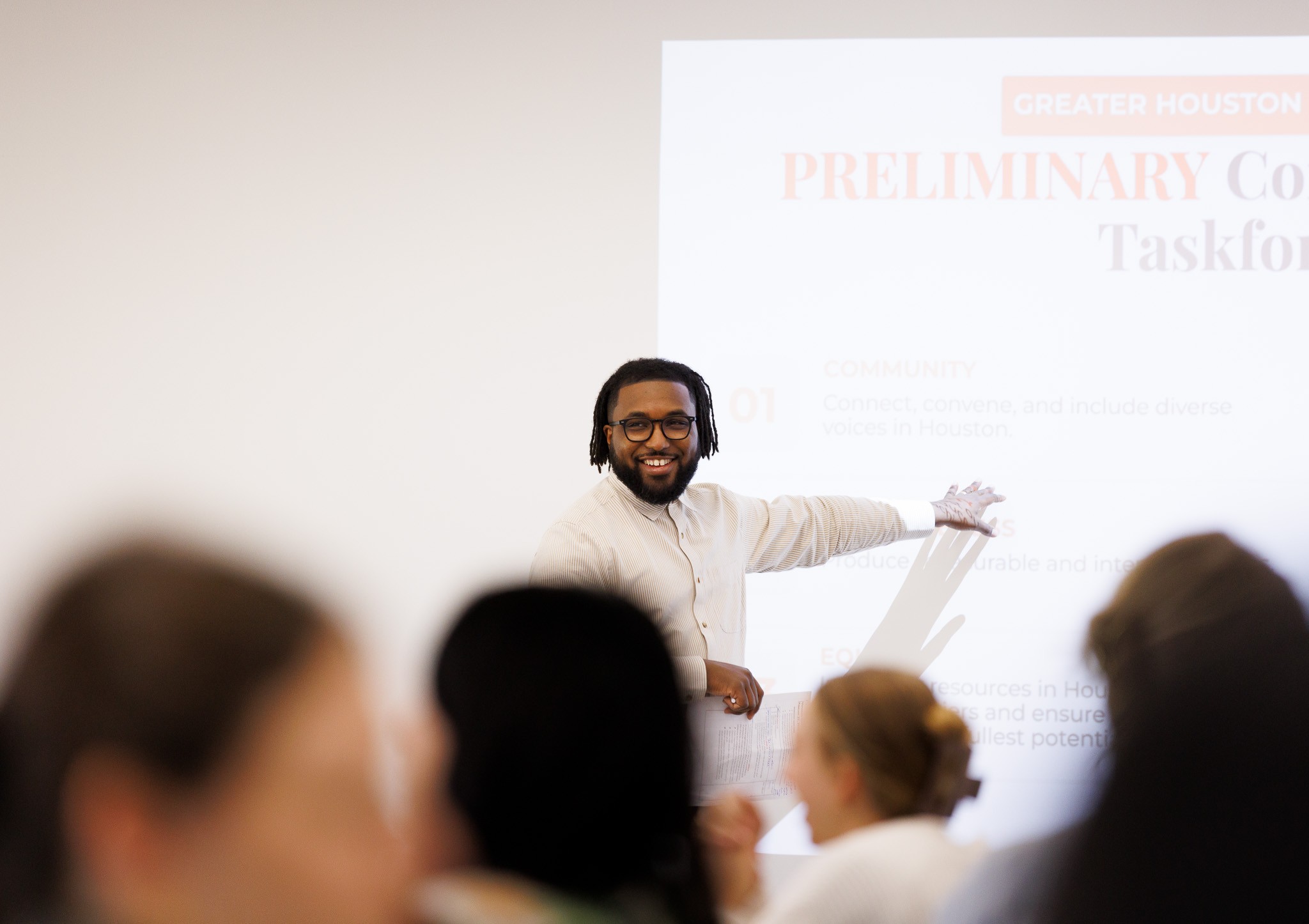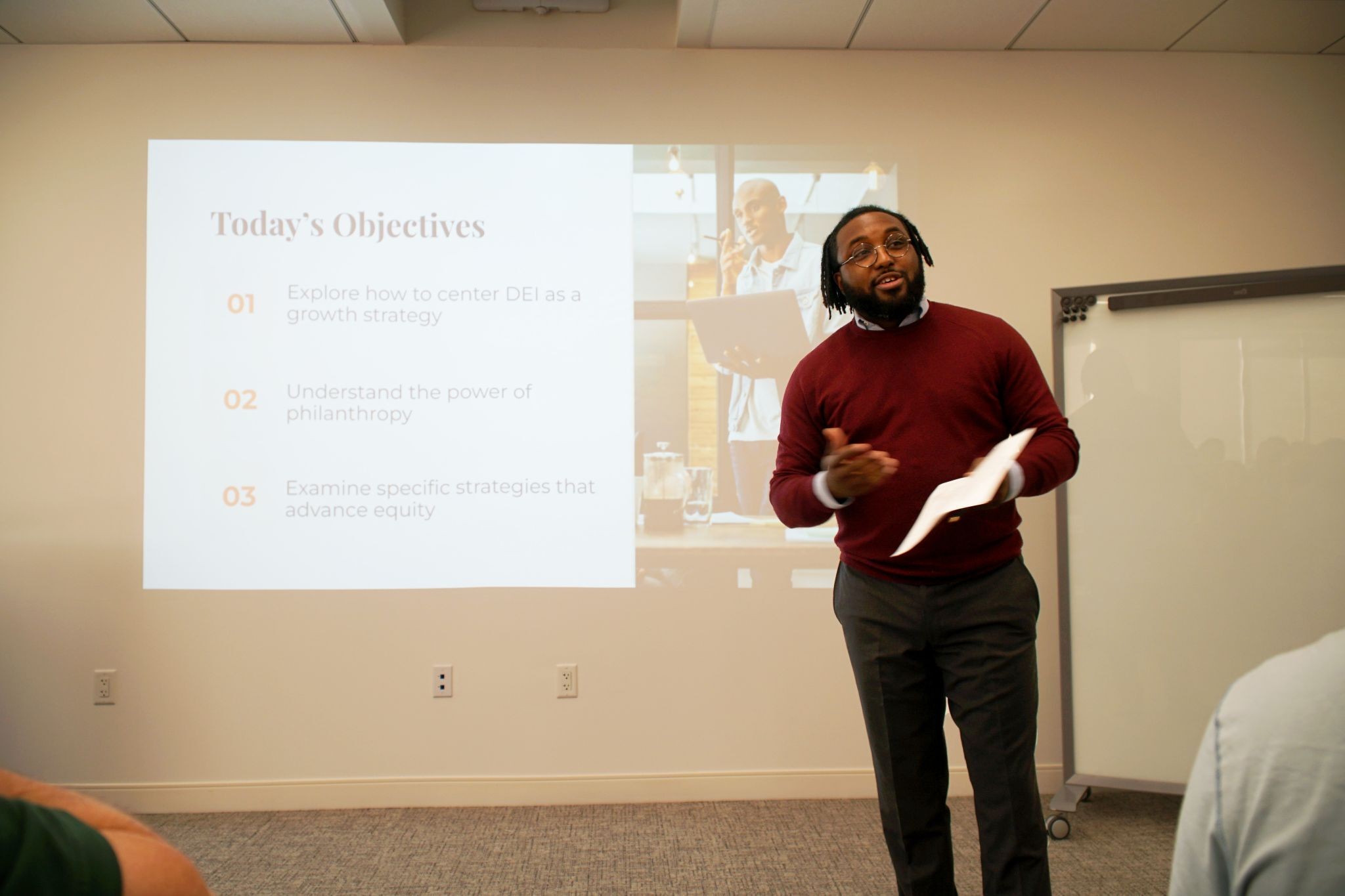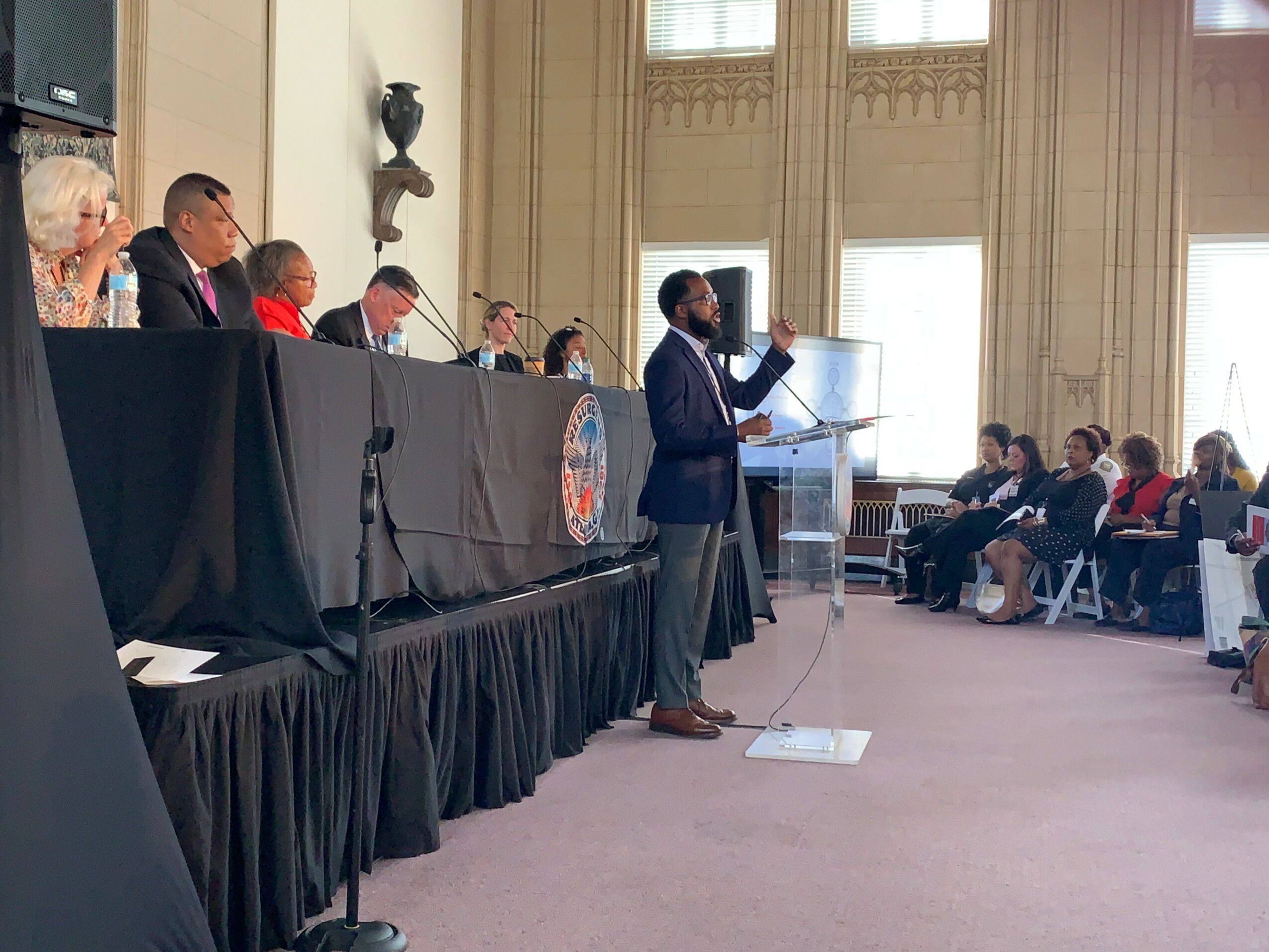

Today we’d like to introduce you to Niiobli Armah IV.
Hi Niiobli, please kick things off for us with an introduction to yourself and your story.
So much of who I am today is because of the context I grew up in. I am the son of Marilyn and NiiObli Armah III. My mother was born in Cuney Homes in Third Ward and raised in South Park, and my father immigrated to Houston from Accra, Ghana in the 1970s. These were my two worlds.
I grew up in Alief and moved around a lot. I went to two elementary schools, two middle schools and graduated from Alief Elsik High School. Alief was and is a super diverse area in one of the most diverse cities in the country, and I appreciate all the lived experience I gained by growing up here.
After high school, I was admitted to one of the colleges I applied to but after visiting for a freshman preview weekend I decided this particular school was not for me. I reached out to a high school teacher who introduced me to Southern University, an HBCU in Baton Rouge, LA. I obtained two degrees while I was there – I received a Bachelor of Arts in Political Science and a Master of Arts in Social Science.
My professional trajectory really began when I was in college. While at Southern, I was very involved in student government and served as president my senior year. As student leader at an HBCU, I networked with other HBCU student leaders from across the country and built a community of folks that I learned so much from. This involvement also brought me some of my most memorable college experiences too – one of my fondest memories was a student training conference that was put on by the Children’s Defense Fund at the Alex Haley Farm.
Another extremely impactful moment for me in college was watching Hurricane Katrina play out. I was interning in the Governor’s Office for Governor Kathleen Blanco and got to witness firsthand how the response was managed at a state level. Parallel to that, I was also seeing how my classmates (who were from New Orleans) were directly impacted by the events too. Southern’s Activity Center was a first responder site, and many families were evacuated to our school. My fraternity (Alpha Phi Alpha Fraternity, Incorporated) organized an evening to walk around and look for brothers and their families to see if we could offer any support. Hearing those stories juxtaposed with the news stories and what I heard in the capitol was my orientation into equity work.
After college, I moved back to Houston and was a part of the inaugural class of City Hall Fellows, a municipal fellowship that was focused on creating a pipeline of municipal leaders from college. With this fellowship, I worked on health and wellness campaigns across the City of Houston and fell in love with my city for the first time. While the years I spent working across Houston’s Black and Brown communities were some of my best, it also served as a training ground for the national work that I would go on to do for the next decade.
We all face challenges, but looking back would you describe it as a relatively smooth road?
Smooth is an interesting word, but my journey has not been that. Even when I think about where I am today – popular culture glorifies entrepreneurship, yet it is hard, often lonely, and definitely an uphill effort day to day.
Beyond that, choosing to build an organization focused on racial equity is also no easy feat. We not only have to constantly ensure we are being honest to ourselves and the communities we come from, but also find a way to add value to our clients. It’s a dance and unless you get off the dance floor and onto the balcony it’s hard to gain a different perspective. But what grounds our team is our lived experience and how we choose to show up every day.
I think the company I founded is an extension of the challenges I have faced directly. It is almost like the total output of what I faced in my life, positive experiences but also those moments in which I experienced discrimination and may have felt othered. I took those experiences and transformed it into an organization that focused on that day-to-day but at a systems level.
So yes, I can talk about challenges like not having a lot (but always having enough), living in an apartment and moving often, my parents splitting up, being bullied at times, etc. But the way trauma has worked out for me is that it has often been channeled to a place where a lot of hope and resilience have come from.
Thanks for sharing that. So, maybe next, you can tell us a bit more about your business?
In 2015 I launched a company called We-Collab. At the time, I was working at the NAACP national office in the Baltimore / DC area, and I was traveling across the country for work. What I noticed about living in DC was that it is the epicenter of policy / social good and social impact organizations in our country – hundreds of nonprofits, advocacy groups, and domain-based organizations come together to generate ideas there – but I realized that I had spent hundreds of hours in communities and meetings with people who were the recipients of those services, ideas, and philanthropic dollars and when you work at the national level you can be blinded to the unique challenges of each community. And when I had the opportunity to interface at the community level, there was just no context for how decisions, policies, and resources came down to them.
So, We-Collab, just by nature of our name, was designed to go back and forth between those two structures – those who make policy and those who are affected by policy. It wasn’t good enough just to be at the national level and it wasn’t sufficient enough just to work at the community level without a pathway to send knowledge and feedback back up. So, the work we do today is constantly going back and forth between the people who make decisions and ensuring they center the people who are impacted by their decisions.
We-Collab today is a national equity strategy consulting firm based in Houston, TX. We create tangible and transformative solutions for philanthropies, national advocacy and member-based organizations, and other mission-aligned entities that are aiming to shift outcomes for communities of color. We work to build capacity for organizations that want to understand and impact population-level changes and start with the deep internal work required to implement an external equity first strategy.
Have you learned any interesting or important lessons due to the Covid-19 Crisis?
The single most important lesson that COVID-19 taught me is to not take anything for granted – not a single moment, experience, or opportunity.
I have spent most of my adult life living outside of Houston – I’ve lived in Baton Rouge, Washington, D.C., and spent the longest amount of time living in New York (and experienced the COVID-19 shut-down while living in Brooklyn). Hearing the cops drive around the neighborhood encouraging people to stay indoors and watching the daily death rates and reports was like a shock to my system. During COVID-19, I realized I could take nothing for granted, so I married my longtime girlfriend, had my first child (Niiobli V), and permanently replanted roots right here in Houston. Within the losses and crisis of Covid I was also able to find opportunity.
Contact Info:
- Website: https://www.we-collab.com/
- Linkedin: https://www.linkedin.com/company/we-collab/
- Twitter: https://twitter.com/NiiobliArmahIV
- Other: https://www.linkedin.com/in/niiobli




Image Credits
Nate Duran
Sunset Seventeen










